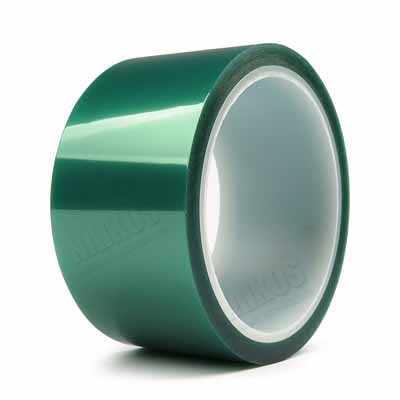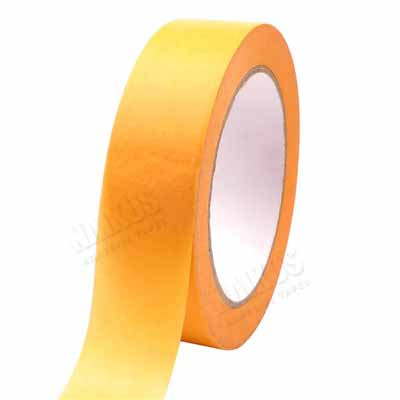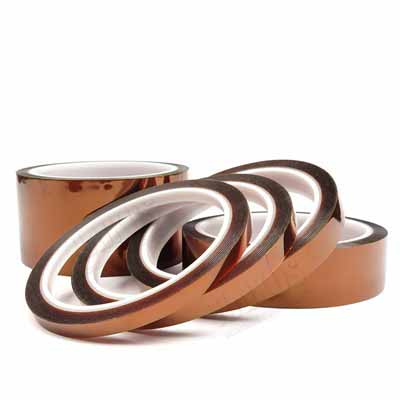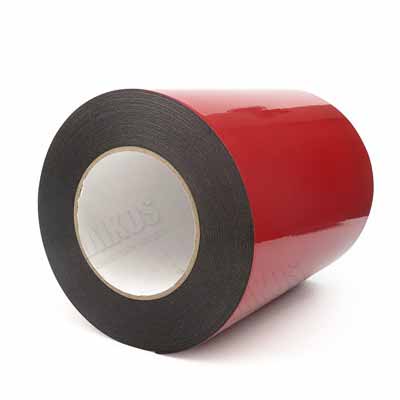An excellent option for thermal insulation, aluminum foil tape can be used in a variety of applications. This material's thermal resistance, durability, and conductivity are ideal for a range of applications, from duct sealing to minimizing air distribution loss. These characteristics make aluminum foil tapes a popular choice for use in a variety of industries. In addition to its wide range of uses, aluminum foil tapes also provide excellent electrical conductivity and are suitable for permanent applications.
Aluminum foil tape combines the weather resistance of aluminum foil with high-performance acrylic adhesive for electrical applications. It conforms to contoured surfaces and is resistant to vapor transmission. Cuttable for masking dots, it is a versatile choice for indoor and outdoor use. It is a suitable material for applications requiring a moisture barrier, heat reflection, sealing HVAC equipment, and underground cables. However, some applications require a higher temperature tolerance.
Another advantage of aluminum foil tape is its resistance to harsh chemicals. It is highly resistant to corrosion and is commonly used on ships to protect the paint. In addition to being weather-resistant, aluminum foil tape is recyclable and only requires 5% of the energy it takes to break down. This makes aluminum foil tape one of the most environmentally friendly adhesive tape materials available. So, if you're in the market for a new product that requires strong adhesive, aluminum foil tape is the perfect choice for you.
Copper foil tape is another excellent option. It comes in two common types: conductive and non-conductive. It is ideal for EMI/RFI shielding, outdoor communication cable wrapping, and corrosion-resistant electronics. In addition, it is also resistant to moisture, which is a key characteristic of a thermally-conductive material. And because aluminum foil tape is made of metal, it is a great choice for many applications.
The aluminum foil tape is a combination of adhesive and paper liner. It is malleable and easy to work within low and high temperatures. In addition, it can be cut to any size, even down to a thin width for a single application. Further, it is UL 723 certified, which means it is safe to use for building construction. But you should always look for a tape that has been UL-certified.
While duct tape is the most common type of aluminum foil tape, this material has a number of other uses, including HVAC applications. For instance, HVAC tape is designed to provide airtight seals in ductwork and incorporates temperature resistance and flexibility into the bond. Shielding tapes also shield data cables from electromagnetic interference. Both copper and aluminum foil tapes are commonly used in shielding applications.




